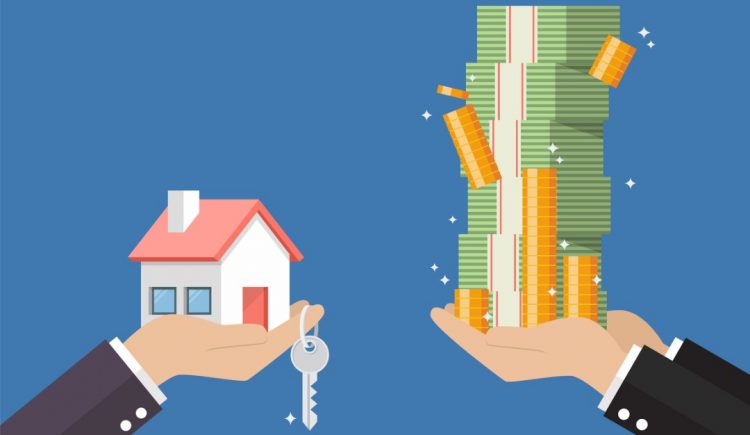Most people who purchase a house take out a mortgage, but some can pay the entire cost upfront and buy a property outright. If you have the funds available to pay cash for a new home, that can give you some distinct advantages, but it’s also important to consider the risks.
Benefits of Paying Cash for a House
If you can afford to pay cash, you can avoid all of the hassles and costs associated with getting a mortgage. You won’t have to shop around for the best rates, submit applications or wait for approval. You won’t have to pay fees associated with a mortgage at the time of closing, and you can save tens or even hundreds of thousands of dollars in interest.
Being able to pay in cash can make your offer more appealing to a seller. Sometimes two parties agree on a purchase price, but the deal falls through because the buyer can’t get financing. If a seller gets multiple offers, you can pay in cash and others can’t, the seller will be more likely to accept your bid. Even if another buyer offers more money, the seller may accept a lower price from you if you can pay in cash and the other buyer can’t.
Owning a house outright can give you peace of mind. You won’t have to worry about the monthly cost of a mortgage and will have room in your budget to focus on other priorities.
Downsides of Buying a House With Cash
You may have additional financial goals, such as investing for retirement and your kids’ college education. If you pay hundreds of thousands of dollars in cash for a house, you won’t be able to put those funds toward your other long-term priorities.
If you itemize your tax deductions and you have a mortgage, you will be able to deduct interest. That may significantly reduce your tax liability. That won’t be an option if you pay cash for a house and don’t take out a mortgage.
Buying a house with cash can leave you with little money in savings. If you lose your job, the house needs major repairs or you face some other type of financial emergency, you may struggle to make ends meet.
If you buy a house with cash, a large sum of money will be tied up in a single investment. If you fall on hard times and need to sell your home, you may not be able to find a buyer quickly or you may have to accept less than you paid for the property.
Weigh the Pros and Cons
Everyone’s situation is different. Think about how much money you have to work with, how much you have already saved for retirement and other long-term goals, and how comfortable you would be having a large sum of money tied up in a house. If you need additional advice, consult a financial professional.











